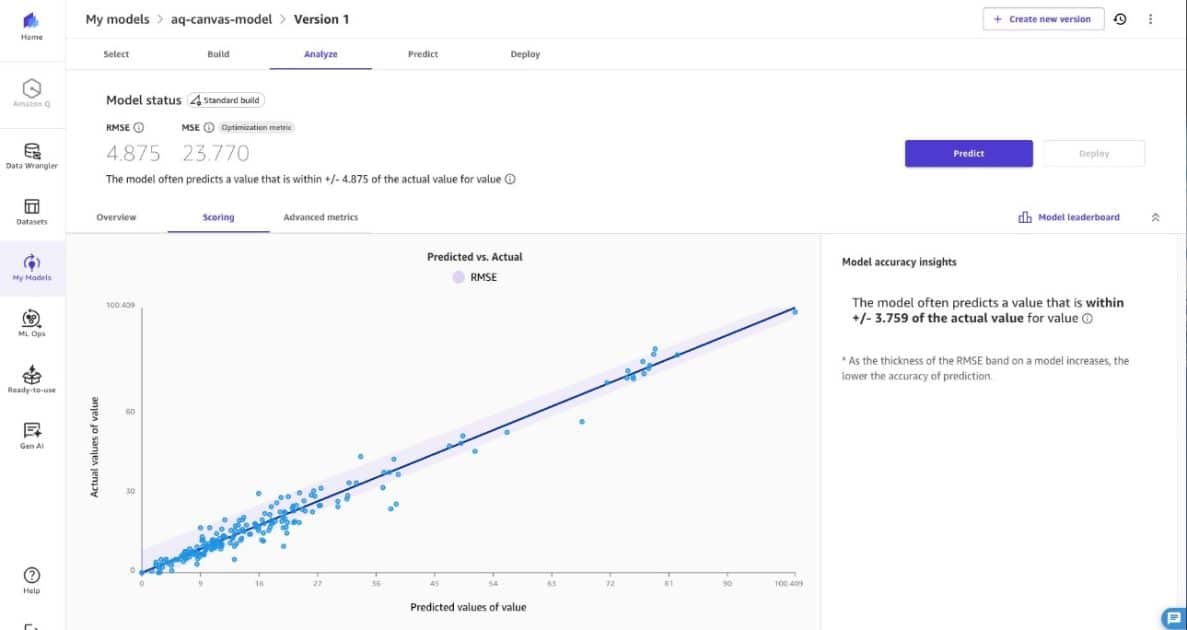Here’s the translation to American English:
—
Air pollution has become one of the most urgent environmental health crises in Africa, leading to a host of diseases affecting populations across various parts of the continent. Despite the commitment of organizations like sensors.AFRICA, which have installed hundreds of sensors to monitor air quality, the issue of data scarcity is evident. PM2.5 measurements, which refer to particles with a diameter of 2.5 micrometers or less, show significant gaps. This is due to the instability of the power supply and limited connectivity in high-risk areas, where maintaining equipment is a constant challenge.
These disruptions in data affect air quality analysis, which can lead to incorrect conclusions and inadequate assessments of the impact of pollution on public health. The absence of reliable information compromises efforts to make evidence-based decisions that are essential for managing air pollution and ensuring compliance with health regulations.
A significant advancement in this context is the implementation of Amazon SageMaker Canvas, a machine learning tool that facilitates forecasting PM2.5 levels from incomplete data. Since exposure to these particles is associated with millions of premature deaths worldwide, having a tool that can predict their concentration becomes essential.
The strength of SageMaker Canvas lies in its ability to work effectively with incomplete data. Unlike traditional methods that require complete datasets to operate optimally, this platform can provide reliable predictions even when there are gaps in measurements. This feature ensures that monitoring networks continue to function appropriately, reducing downtime and offering constant information about air quality. This is crucial for environmental agencies and health authorities to access accurate data, enabling them to issue alerts about pollution and conduct deeper analyses of air quality trends.
The proposed data imputation methodology, utilizing Amazon SageMaker AI, AWS Lambda, and AWS Step Functions, is designed for environmental analysts and public health officials who need reliable PM2.5 data for their analyses. It is based on a dataset of over 15 million records collected between March and October 2022 in various locations in Kenya and Nigeria through 23 sensor devices across 15 sites.
This approach focuses not only on analyzing the available data but also on identifying and filling gaps caused by sensor limitations and connectivity issues. This effort becomes vital for strengthening the response to emerging air quality challenges and facilitating informed decisions in the public health arena.
—
Let me know if you need any changes or further assistance!
via: MiMub in Spanish
